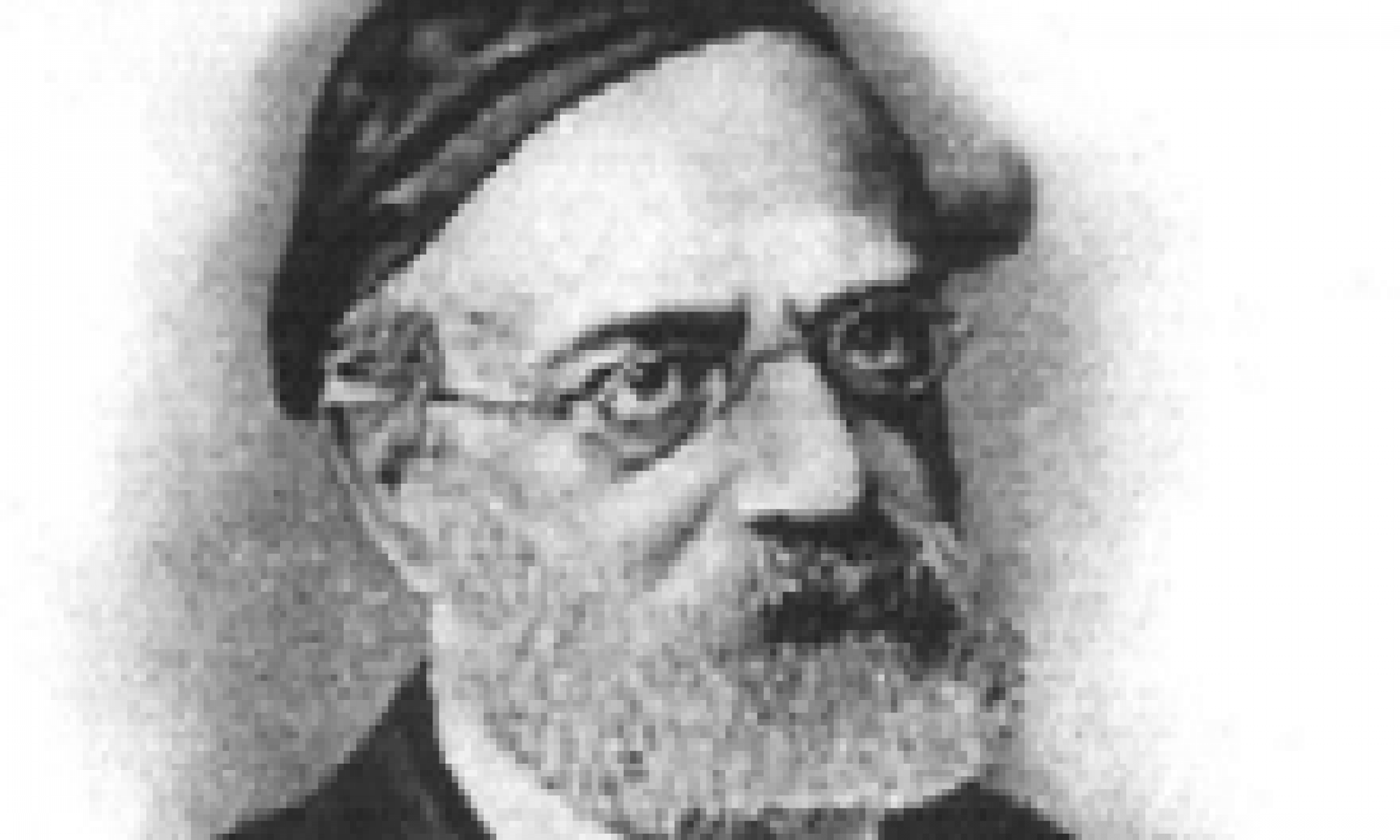ויתעצב אל לבו
God’s heart, as it were, wished to rejoice in the thriving of mankind. As it says in Tehillim, ישמח השם במעשיו. He is compelled to forgo the joy of His heart. His heart, as it were, desired man’s continued existence, and He was grieved that He had to renounce it. God’s heart remained unchanged in His love and concern for mankind.
Regarding this (God’s heart) and other similar descriptions of God (God’s hand, God’s arm, God’s eyes, etc.) scholars have written much to explain these phrases in a non literal sense in order to not ascribe material features to God. In the process, however, our sense of the Personality of God becomes blurred and indistinct. If the Torah wanted us to not have a sense of God’s Personality (which provides a path to having a relationship with God – GS) it could have easily avoided such expressions.
RSRH adds, citing the ראב”ד,” a distinctively Jewish thinker”, that “belief in the Personality of God is more important than the speculations of those who reject the attribution of material features to God.”
(יסודי התורה פרק א הלכה י מובא בכסף משנה)
In these verses God “saw” that man chose the path of wickedness. It didn’t have to be. This was man’s choice. That is what is expressed by God “seeing”. Before God acted, He saw.
This critical lessons expressed here are:
1) Man has free will. God considered the matter before rendering His decision, based on man’s course of action.
2) God acts freely without being bound to anything. God’s heart didn’t change. God remained with the same care and concern for man that He had before man chose the path of wickedness. The only thing that changed was the stage man was to live in, and that change was by God’s choice. In order to help man get to the goal that God set, man would not thrive. A flood would kill most of the population. This grieved God’s heart, but it didn’t change God’s heart. (As we see in verse 7, it was השם, the name used for God’s attribute of mercy, Who brought about the flood.)
Beraishis 6:6
pages 170-171



4 Replies to “Beraishis 6E “ויתעצב “אל לבו God’s “Heart” Anthropomorphic expressions in Scripture”
Comments are closed.